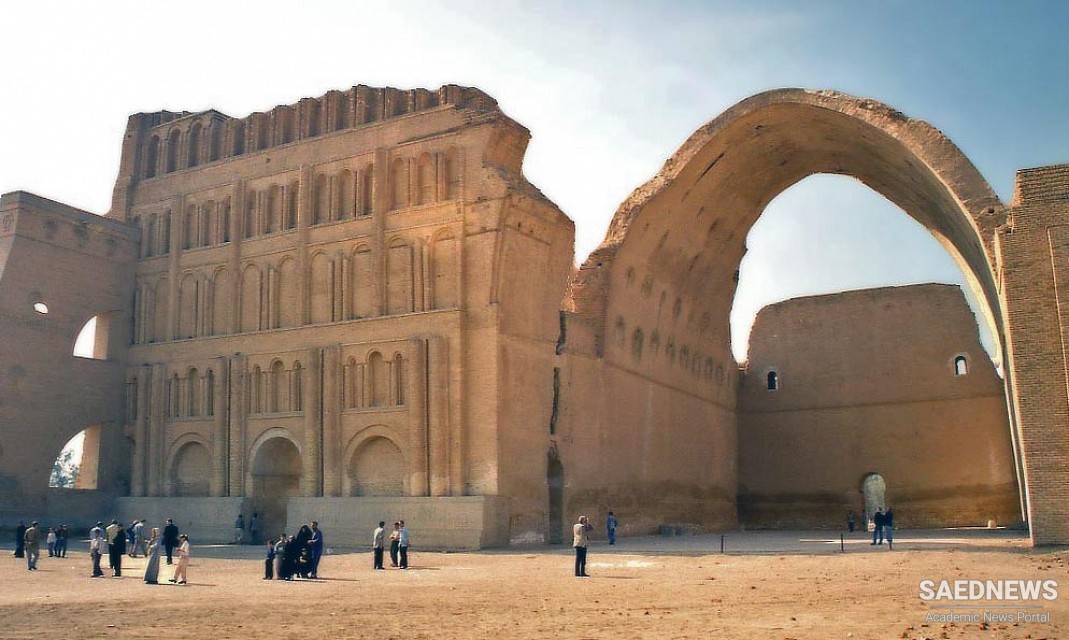Khusrau gave the poor nobles, better called knights, equipment and a salary for service in the army. Thus the ruler secured direct support of the military class, and the great nobles who had maintained private armies saw their power drastically reduced. In essence a new social order was created, a new nobility of the robe beside the landed nobility. This was the period of the flowering of the dehkdn class, the knight who owned a village. The dehkans became the backbone of Iranian society, as the Arabs discovered after their conquests. Khusrau also settled families on the frontiers with the duty to come to arms and protect the frontier in time of danger. Whether this policy provided the model on which the later Byzantine theme system was based is uncertain, but this is not impossible.
Further, the king divided the empire into four parts and put a spdhbady or general, over each part. The generals of the east, Khurasan, and of the west, Iraq, were especiany important since they respectively had to defend the frontiers against the nomads of the east and the Romans in the west. The Arabs later discovered that the interior of Iran was relatively empty of troops, for the soldiers were concentrated on the frontiers. Once the frontier armies were defeated the way to the interior was opened. No doubt other reforms in the military organization of the empire were undertaken by Khusrau, on which we have no information. The end result, however, was a more efficient army, which shortly was to be put to use against the Byzantines.
Fortunately, we have in Procopius a detailed source for the wars of Khusrau against the Byzantines, as was Ammianus Marcellinus for the wars of Shapur II. The causes of the resumption of hostilities between the two empires after an interval of peace were manifold. Certainly the instigation of ambassadors of the Ostrogoths in Italy, threatened by Justinian, and of others, played an important role in the decision of Khusrau to open hostilities. He may have feared future aggression from the Byzantines after they had re-established the Roman empire in the west. As usual the Armenians and the Lakhmid Arabs had grievances against Byzantine subjects, so a casus belli was easily at hand. At first Justinian sought to dissuade Khusrau from war but in this he failed.


 Dialamites Expansionism
Dialamites Expansionism














































